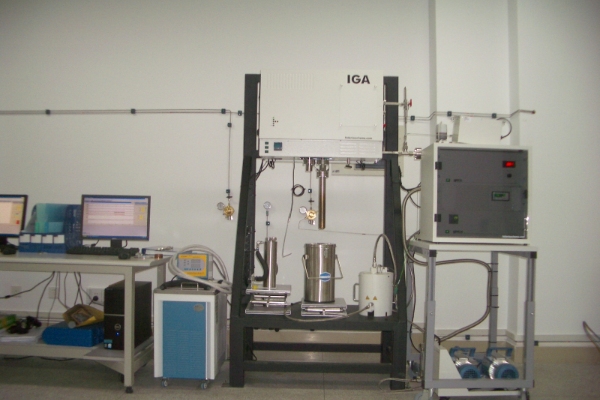Mechanical property testing is one of the important research areas in the field of engineering and materials science, aiming to evaluate the performance of materials under various mechanical loading conditions. One of the key indicators is the total maximum force elongation, which quantifies the plasticity and toughness of a material during the tensile process. In this paper, we will discuss the definition of total maximum force elongation, how it is measured, and its importance.
Definition and Measurement of Total Maximum Force Elongation
The ultimate tensile strain is the ratio of the maximum elongation that a material can withstand during stretching relative to its initial length. It is usually expressed as a percentage and is measured by means of a stress-strain curve. In a normal tensile experiment, the stresses in a material at different strains are recorded, and by analyzing the slope of the stress-strain curve and the shape of the curve, a value for the total maximum force elongation can be obtained. In order to measure the maximum force total elongation of a material, it is usually necessary to use a specialized mechanical testing instrument, such as a universal testing machine. In the experiment, the sample is clamped and a tensile force is applied, and the tensile force and elongation data measured simultaneously are recorded. By calculating the ratio of elongation to initial length, the total maximum force elongation can be obtained.

Importance of Total Maximum Force Elongation
Maximum force total elongation is an important parameter for assessing the plasticity and toughness of a material in tension. On the one hand, the total maximum force elongation reflects the tensile strength of the material. The greater the tensile strength of a material, the greater the strain it can withstand when subjected to a tensile force and the better its tensile properties. On the other hand, the total maximum force elongation can also assess the plasticity of the material. When the maximum force total elongation of the material is higher, it means that the material can undergo greater deformation when subjected to tensile force and has higher plasticity. In practice, different engineering and scientific fields have different requirements for the mechanical properties of materials. For example, the materials used in building structures need to have a high total elongation of the maximum force to ensure the stability and safety of the structure. In automotive manufacturing, the total maximum force elongation of a material needs to be moderate to balance the strength and lightweight requirements of the material.
Factors Affecting Maximum Force Gross Elongation
The magnitude of the total maximum force elongation value is influenced by a number of factors. Among them, the composition and microstructure of the material is one of the key factors in determining the maximum force total elongation. Defects in the lattice structure, grain size, and the presence of grain boundaries all have an effect on the total maximum force elongation of a material. In addition, temperature is also one of the important factors affecting the maximum force total elongation. At high temperatures, the plasticity of the material usually increases, resulting in an increase in the total maximum force elongation.

Conclusion.
Total maximum force elongation, as an important index in the testing of mechanical properties of materials, can reflect the plasticity and toughness of materials in the tensile process. Its definition and measurement method are widely recognized and have important applications in various engineering and scientific fields. The magnitude of the maximum force total elongation may vary under different materials and conditions, so we need to select materials and optimize the process according to the specific needs of the application in order to meet the requirements for mechanical properties.